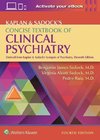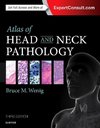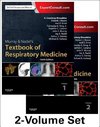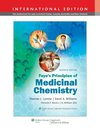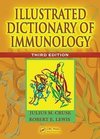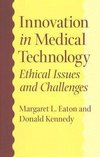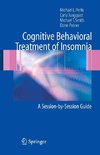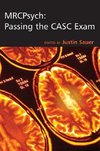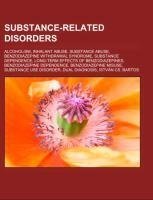
Substance-related disorders
Source: Wikipedia. Pages: 74. Chapters: Alcoholism, Inhalant abuse, Substance abuse, Benzodiazepine withdrawal syndrome, Substance dependence, Long-term effects of benzodiazepines, Benzodiazepine dependence, Benzodiazepine misuse, Substance use disorder,... Viac o knihe
Produkt je dočasne nedostupný
19.10 €
bežná cena: 21.70 €
O knihe
Source: Wikipedia. Pages: 74. Chapters: Alcoholism, Inhalant abuse, Substance abuse, Benzodiazepine withdrawal syndrome, Substance dependence, Long-term effects of benzodiazepines, Benzodiazepine dependence, Benzodiazepine misuse, Substance use disorder, Dual diagnosis, István Cs. Bartos, Alcoholism in family systems, Cocaine dependence, Self-medication, Substance abuse prevention, Opioid dependence, Alcohol dependence, Jimmy Kinnon, Cocaine intoxication, Goodenough Drug Strategy, Substance-related disorder, California Society of Addiction Medicine, Spectrum Youth and Family Services, Barbiturate dependence, Bromism, Passive drinking, Comedown, Independent Scientific Committee on Drugs, Life-process model of addiction, Polysubstance. Excerpt: Alcoholism is the addiction to or dependency upon drinking excessive amounts of alcoholic beverages. Since the late twentieth century it has been considered an addictive disorder. It is characterized by compulsive and uncontrolled consumption of alcohol, usually to the detriment of the drinker's health, relationships, and social standing. Like other drug addictions, alcoholism is medically defined as a treatable disease. The term alcoholism is widely used, and was first coined in 1849 by Magnus Huss, but in medicine the term was replaced by the concepts of "alcohol abuse" and "alcohol dependence" in the 1980s DSM III. (The term alcohol dependence is sometimes used as a synonym for alcoholism, sometimes in a narrower sense.) Similarly in 1979 an expert World Health Organisation committee disfavoured the use of "alcoholism" as a diagnostic entity, preferring the category of "alcohol dependence syndrome". In the 19th and early 20th centuries, alcohol dependence was called dipsomania before the term "alcoholism" replaced it. The biological mechanisms underpinning alcoholism are uncertain, however, risk factors include social environment, stress, mental health, genetic predisposition, age, ethnic group, and sex. Long-term alcohol abuse produces physiological changes in the brain such as tolerance and physical dependence. Such brain chemistry changes maintain the alcoholic's compulsive inability to stop drinking and result in alcohol withdrawal syndrome upon discontinuation of alcohol consumption. Alcohol damages almost every organ in the body, including the brain; because of the cumulative toxic effects of chronic alcohol abuse, the alcoholic risks suffering a range of medical and psychiatric disorders. Alcoholism is the cyclic presence of tolerance, withdrawal, and excessive alcohol use; the drinker's inability to control such compulsive drinking, despite awareness of its harm to his or her health, indicates that the person might be an alcoholic. Questionnaire-based scr
- Vydavateľstvo: Books LLC, Reference Series
- Formát: Paperback
- Jazyk:
- ISBN: 9781157522331

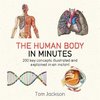

 Anglický jazyk
Anglický jazyk 